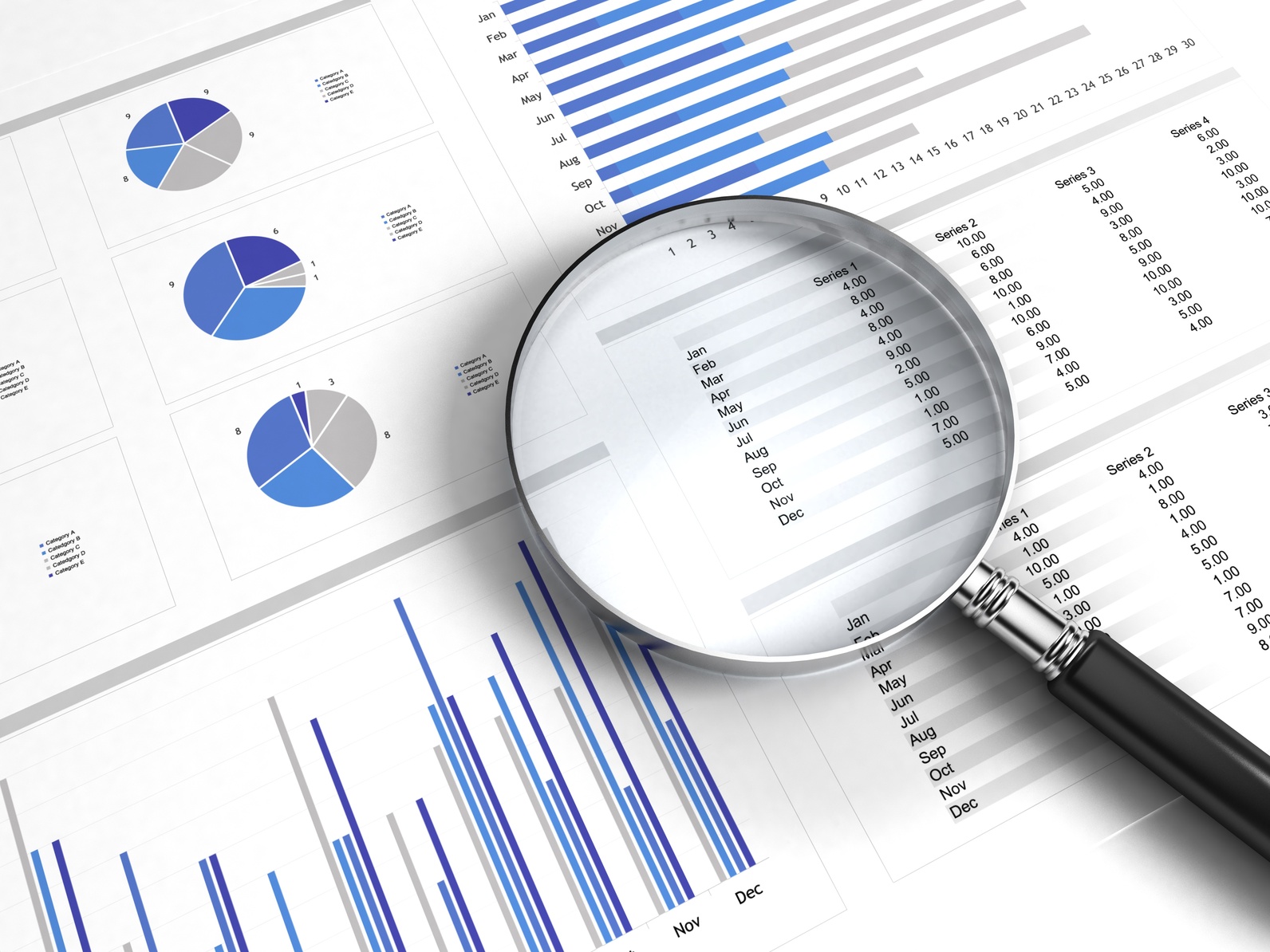Accounting
3 Tips for More Accurate Business Valuation
It’s a classic conundrum – to build versus to buy. Make dinner at home versus take-out. DIY that holiday wreath or roam a tree farm to choose the perfect one for the door. While there are certainly people constructing their own coffee table ...
Dec. 17, 2014

It’s a classic conundrum – to build versus to buy. Make dinner at home versus take-out. DIY that holiday wreath or roam a tree farm to choose the perfect one for the door. While there are certainly people constructing their own coffee table – measuring, cutting, sanding and staining – most will drop a bill or two on a vintage-looking wood piece to prop up our feet after a long day.
And while making your own office chair may not be the best idea, the build versus buy dilemma translates to business as well. For accountants, business valuation is truly a growth segment within the field – by both revenue opportunities and demand from clients – if your firm is looking to expand this practice you may be faced with the decision to build a custom valuation solution or purchase one. Much like tax forms were once frequently completed with just a calculator, pencil and paper, the same is true of a business valuation.
Whether your firm spends five percent of your resources on valuation or 95 percent, the most tempting route may be to build your own template within an Excel spreadsheet rather than invest in a software solution. Each option has its own merits, and the decision maker has a few items to consider when building or buying.
- Compliance
Perhaps the most important factor in the decision is whether the business valuation performed will be compliant with the industry standards. For example, AICPA members are required to follow the standards outlined by their organization, found in their valuation toolkit. For those outside of the accounting field (or non-members of the AICPA), the American Society of Appraisers and the National Association of Certified Valuation Analysts each have their own set of standards to be adhered to. While one can program a spreadsheet with certain standards in mind, an automated solution that is already linked with any changing regulations is likely to prove to be a more efficient option to ensure compliance. - Human Error
Microsoft Office’s Excel is a clear winner for usability. With more than 1.1 billion users around the world, the program allows anyone a user-friendly experience to make complex calculations easy. The flip-side is that with so many users, bad math can run rampant. It’s estimated that more than 88% of spreadsheets have some kind of error. Simple formula mistakes or transposed numbers can certainly be caught and corrected quickly with peer review, but even an experienced programmer has a 3-5 percent rate of error. A software solution by nature is less susceptible to error, and does have the advantage of a product development lifecycle – collecting and correcting bugs in multiple phases before a solution even hits the market. However, human errors like transposed numbers or missed digits for manually entered figures can still be a common occurrence. - Cost
This element is almost entirely analyzed with cost versus benefit. Assuming an entire office already uses Excel, the time spent building the valuation template is a minimal start-up cost. There are many automated solutions available and the cost of integrating one for your firm can vary based on a number of factors like the number of users for the product, or the number of engagements the firm performs in a year. This is the real crux of building versus buying – how much time can my firm save over the course of the year with an automated solution? Automation means less time entering data, allowing for more time for an analysis. Since valuations are more of an art than an exact science, simply plugging in figures from an income statement or years of tax returns is not enough for an accountant to build an accurate valuation of a business. That time spent analyzing is critically important and will lead to a better end result for the client.
By keeping these three factors top of mind when making the decision to build versus buy a business valuation solution will allow you to determine your firm’s best course of action. But no matter the outcome, including or expanding business valuation services will add value to your firm’s offerings.
For more information on valuation practices, download a complimentary whitepaper, “Business Valuations: Challenges and Opportunities.”
——
Brad Spence is Director of the Valuation Solution at Sageworks. He has more than 15 years of leadership experience and holds an M.B.A. from the College of William & Mary.
